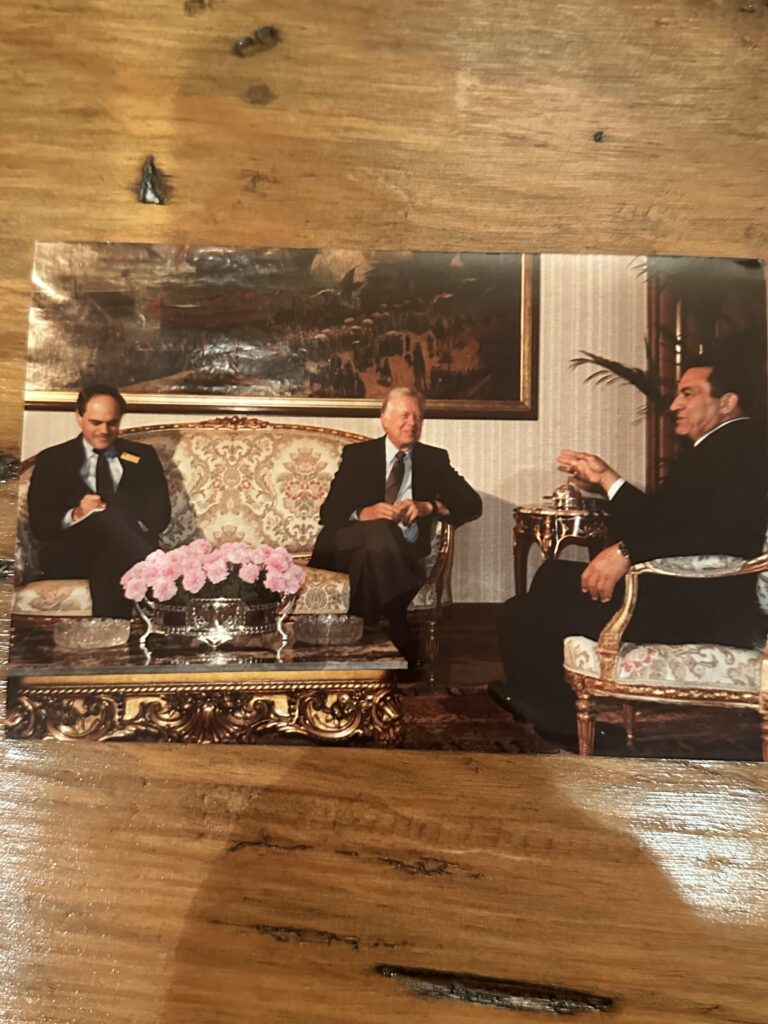Kenneth W. Stein, “Continuity and Change in Egyptian-Israeli Relations, 1973-97,” Israel Affairs, Spring/Summer 1997, Vol. 3, Nos. 3 and 4, pp. 296-320 For 25 years, tension, mistrust, and strain have characterized Egyptian-Israeli relations. Cairo and...
Reliable resources for deeper Israel understanding
Embrace informed content on Israel, the Middle East and the Diaspora.
Begin with 7 days free to explore CIE’s rich sources, expert analyses and guided knowledge building.
$39 / year
JOIN CIE+
Already have a CIE+ account?
SIGN IN









